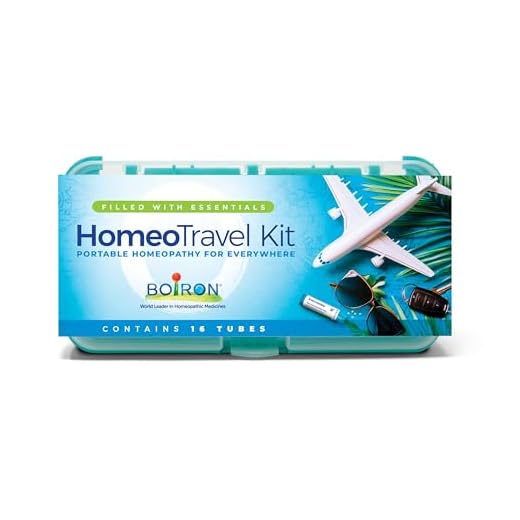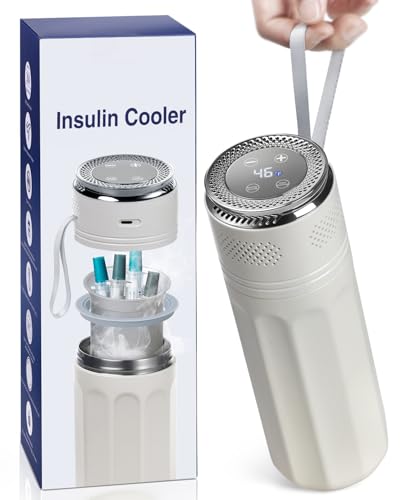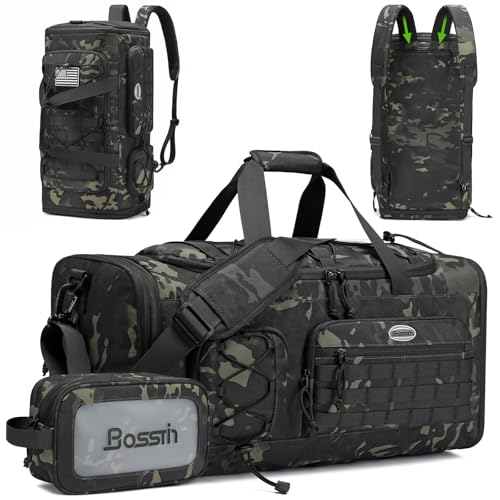



Yes, non-prescription supplements are allowed in your checked bags. However, certain guidelines must be followed to prevent any issues at the airport. Make sure your products are clearly labeled and stored securely to avoid spills or damage during transit.
Check the regulations for your departure and arrival countries, as some places may have restrictions on specific ingredients. Researching these rules in advance ensures a smooth travel experience and helps avoid confiscation at security checkpoints.
While you can safely pack these items, it’s wise to keep a small supply in your carry-on bag, particularly for urgent needs during your journey. This approach allows quick access should any delays occur, providing peace of mind as you travel.
Traveling with Non-Prescription Remedies
Yes, non-prescription treatments can be transported in checked bags. However, make sure to keep them in their original packaging for easy identification during security inspections.
Storage Recommendations
Seal items properly to prevent leaks or spills. Utilize ziplock bags or pouches to provide an additional layer of protection. Avoid placing items that require refrigeration in checked bags, as temperature control is not guaranteed.
Quantity Limits
While specific limits may vary by airline, it’s prudent to carry only what is necessary for your trip duration. Large quantities might raise suspicions and lead to delays during screening. It’s wise to consult your airline’s guidelines on allowed items before packing.
Understanding Airline Regulations for Medications
Familiarize yourself with specific airline regulations related to traveling with pharmaceuticals. Different carriers have varying policies, so check the airline’s website for guidelines on what sizes and types of products are acceptable for travel.
It is prudent to keep medications in their original packaging, as this helps to verify contents during security checks. Additionally, maintaining a copy of prescriptions or a note from your healthcare provider can be beneficial.
For international travel, customs regulations may differ. Some countries have restrictions on certain substances, even if they are available without a prescription elsewhere. Research the destination’s laws regarding pharmaceutical items.
| Airline | Policy Summary |
|---|---|
| American Airlines | Permits all pharmaceutical items in carry-on; advisable to keep in original containers and with prescriptions. |
| Delta Airlines | Encourages travelers to carry medications in hand luggage; original packaging preferred. |
| United Airlines | Same guidelines: carry medications in hand baggage; original packaging recommended for smooth verification. |
Consult with healthcare professionals about any potential issues with traveling with specific items. Always prepare for unexpected situations by having extra supplies on hand. Additionally, for those interested in aquaculture, there are resources available for various projects, such as how to make an algae scrubber.
Types of Over the Counter Medications Allowed in Checked Bags
Non-prescription remedies, like pain relievers, allergy treatments, and stomach aids, are generally permissible in your travel items. Ensure that these items are sealed and in their original packaging for a hassle-free experience at security checks. Below are specific categories commonly accepted:
Pain Relievers
Fever reducers and analgesics such as acetaminophen and ibuprofen are typically allowed. Pack them securely to avoid spillage.
Allergy Treatments
Antihistamines and decongestants, which relieve allergy symptoms, can also be transported. Keeping them in their retail packaging helps verify their legitimacy.
For best travel practices, consider checking this guide on best luggage for teenage girls to find suitable bags for transporting these items efficiently.
Packaging and Labeling Requirements for Traveling with Medications
Always keep remedies in original containers with intact labels. This practice assists with identification and can simplify interactions with airport security and customs officials.
Check regulations specific to destinations. Some locations may require both generic and brand names to be visible on labels. Additionally, certain jurisdictions might have restrictions regarding specific ingredients.
Consider including a copy of the prescription, if applicable, along with a letter from a healthcare provider. This documentation can clarify the necessity of these items during inspections.
For liquid forms, ensure compliance with volume restrictions and pack them in a resealable plastic bag if traveling by air. Each container should not exceed 3.4 ounces (100 milliliters), and the total volume must fit within a quart-sized bag.
Group similar substances together for easier examination during security checks and avoid placing them in hard-to-reach locations within baggage.
Before departure, verify that packaging is secure to prevent leakage or damage. Using padded materials can enhance protection during transit.
Label all items clearly, indicating usage instructions and dosage to facilitate easy reference. This can be especially helpful if assistance is required while away.
Tips for Avoiding Issues with Medications in Checked Baggage
Pack all medicines in their original containers with clear labels. This reduces confusion and helps authorities identify contents quickly.
Always carry a doctor’s prescription or a note detailing your health needs, especially for larger quantities. This documentation can assist in verifying necessity.
Be aware of destination regulations regarding specific substances. Some products that are permissible in one country may be restricted elsewhere. Research local laws ahead of traveling.
Sort your items and keep all similar products grouped together. This organization makes inspections easier and minimizes potential delays.
Consider using a resealable plastic bag or a sturdy case to protect your items from damage. This will help ensure they remain intact throughout transportation.
Avoid packing items that are sensitive to temperature fluctuations, if possible. Such products may require cooler storage than can be guaranteed in a cargo hold.
Label your bag with contact information in case of misplacement. Include your itinerary in case officials need to verify travel plans.
Confirm airline policies regarding allowed weights and items within baggage. Adhering to these guidelines can prevent unexpected issues upon check-in.
What to Do if Medications are Lost or Confiscated
If any substances are misplaced or taken by security, follow these steps immediately:
- Report the incident to airline or airport personnel. Fill out any necessary documentation for lost or confiscated items.
- Seek replacements at local pharmacies. Have a copy of the original prescription or a note from your healthcare provider if possible.
- Contact your healthcare provider. They may help with getting a new prescription or provide samples.
- Check your travel insurance policy. Many plans cover lost items and may reimburse costs for necessary purchases.
- Document everything. Keep receipts and notes related to the situation for future reference or claims.
Utilize available resources such as the embassy or consulate for assistance with prescriptions if traveling internationally.
FAQ:
Can I pack over-the-counter medication in my checked luggage?
Yes, you can pack over-the-counter medication in your checked luggage. Most airlines do not have restrictions concerning the transport of these types of medications. However, it’s wise to keep them in their original packaging and include any necessary documentation, especially if the medication is in large quantities.
Are there any specific regulations for carrying over-the-counter drugs internationally?
Regulations for carrying over-the-counter medications can vary by country. While many countries allow travelers to bring reasonable quantities for personal use, some might have restrictions on particular ingredients. It’s crucial to check the regulations of your destination country before packing any medication to avoid complications at customs.
What should I do if my over-the-counter medication is in liquid form?
If your over-the-counter medication is in liquid form and you are placing it in checked luggage, there are generally no strict limits on liquid quantities. However, ensure the container is securely sealed to prevent leaks during transit. Storing it in a protective case can also help reduce the risk of damage.
Can I take my over-the-counter medication on a flight if I have a prescription for it?
Yes, if you have a prescription for your over-the-counter medication, you can take it on the flight. It’s a good idea to carry a copy of your prescription or a note from your doctor explaining its use. While not always necessary, this may help clear up any confusion with airport staff.
Is it safer to carry over-the-counter medications in my carry-on instead of checked luggage?
Carrying over-the-counter medications in your carry-on luggage is often considered safer than packing them in checked luggage. This way, you will have immediate access to them during the flight, especially if you need them for allergies, motion sickness, or other issues. Additionally, keeping medications with you reduces the risk of loss or damage that can occur with checked baggage.








